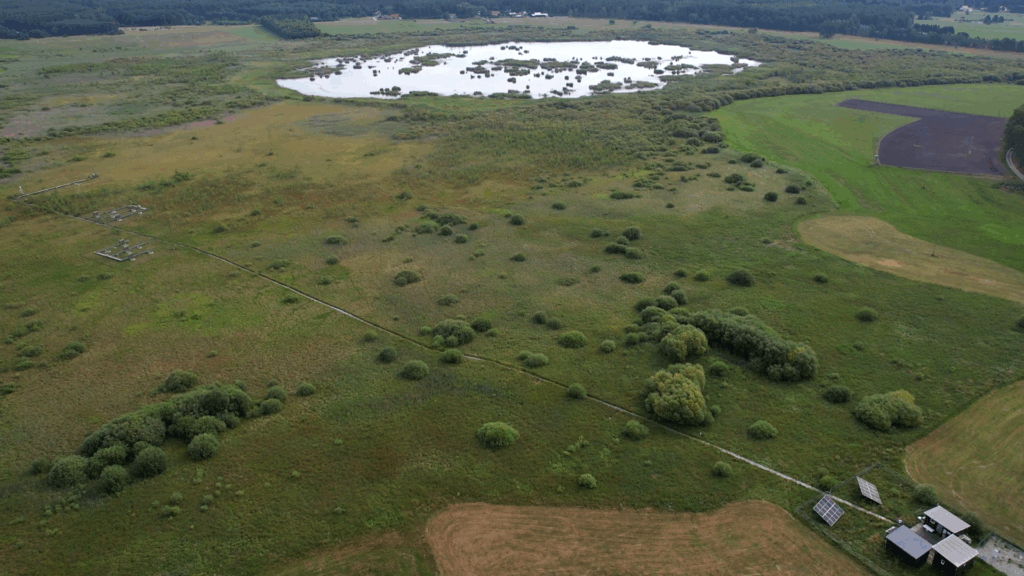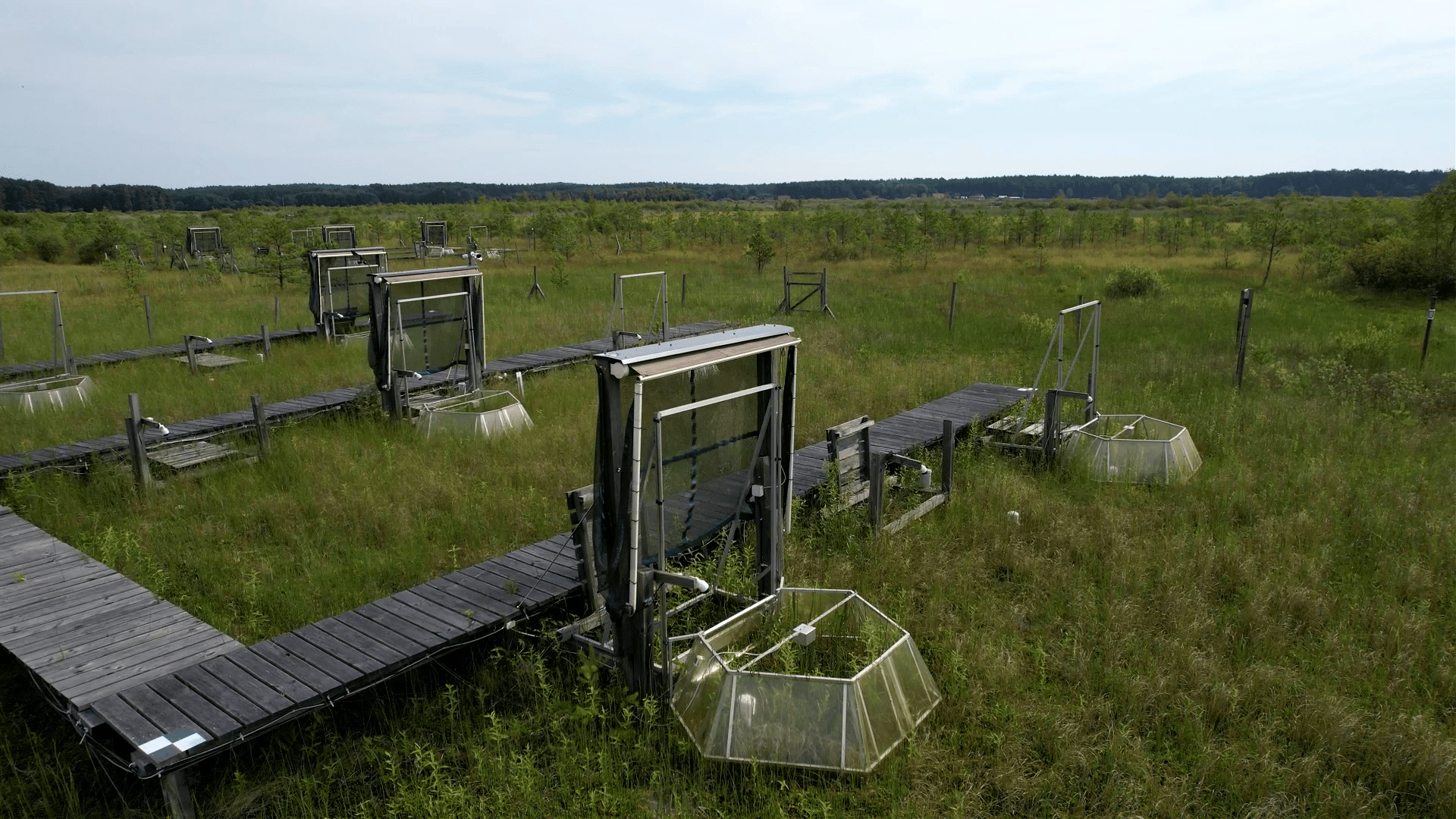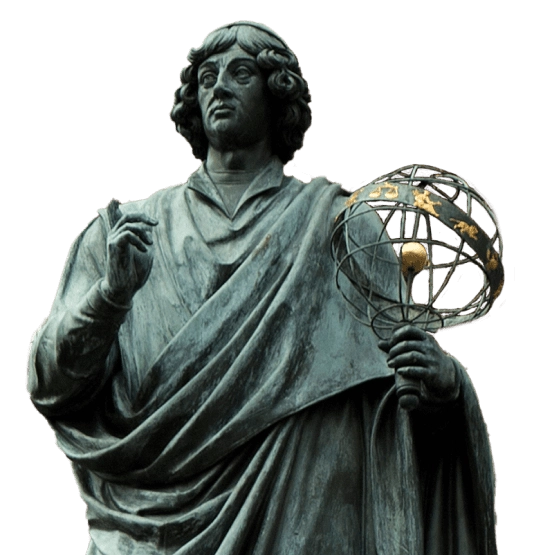From microscopic dust particles to trace amounts of gases—the invisible components of the atmosphere play a crucial role in climate, air quality, and how Earth is viewed from space. Scientists at Poznań University of Life Sciences, led by Prof. Bogdan Chojnicki, PhD, are conducting advanced research on what happens in the air above us. Thanks to participation in the international ACTRIS project and modern research infrastructure in Rzecin, the university has become an important hub on the European map of atmospheric studies.
The ACTRIS project (Aerosol, Clouds and Trace Gases Research Infrastructure) is a Europe-wide network of research stations aimed at comprehensive observation of the atmosphere. The collected data helps improve our understanding of short-lived atmospheric components—particles that influence climate, human health, ecosystem productivity, and the accurate interpretation of satellite measurements.
A key facility in the project is the peatland experimental station in Rzecin, which belongs to Poznań University of Life Sciences. With expanded infrastructure, it will be possible to conduct long-term research on aerosols and clouds in an environment less affected by human activity. This location may play a crucial role in monitoring global phenomena, such as the transport of Saharan dust or the influx of smoke from wildfires in Canada, Russia, or Ukraine.

ACTRIS Poland integrates the efforts of many research centers, including the Institute of Geophysics of the Polish Academy of Sciences, the Institute of Environmental Engineering of the Polish Academy of Sciences, IMGW-PIB, the Universities of Warsaw, Wrocław, and Silesia, Warsaw University of Technology, and Poznań University of Life Sciences. The project coordinator representing UPP is Prof. Bogdan Chojnicki, PhD.
The involvement of Polish scientists in the project is not only a contribution to international cooperation but also a stimulus for the development of research and innovation in the country. Some of the measurement devices have already been incorporated into global observation networks, including those managed by NASA. ACTRIS infrastructure, as emphasized by the researchers, will serve not only science but also public administration and the innovation sector, strengthening Poland’s research and development potential.






